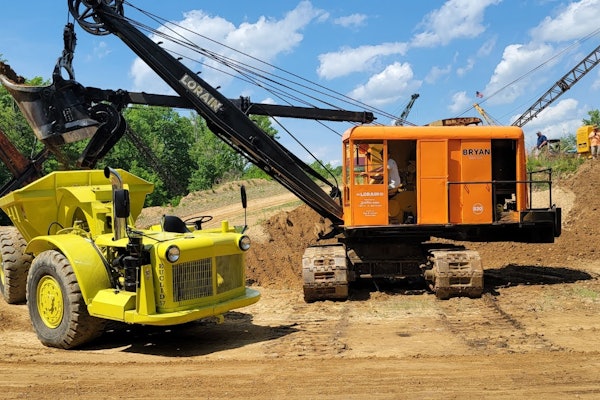I was discussing a contractor I’d interviewed with another person, and while I was singing his praises, this other person stopped me.
“You spent a whole day with him?,” he questioned sharply. “How many phone calls did he take while he was with you?”
“Just a few while we were together, and they were short conversations,” I replied. “He even told me he thought mindlessly picking up the phone while you’re talking with someone else was rude.”
“Too much,” said this guy, shaking his head. “He shouldn’t have had any phone calls if he had his business in order.”
Sure, in an ideal world you should be able to put your business on semi-automatic when you have other things to attend to, whether a visiting editor or a long-awaited family vacation. But zero phone calls during a regular business day? C’mon.
As our reader profile surveys point out year after year, most of you got in this business because you enjoy it, not because you want to avoid it. More than 64 percent of our reader respondents told us they’ve been in construction for more than 25 years, and 45 percent started as a laborer.
This means that many of you persevered through all the bottom-of-the-barrel jobs on a jobsite – jobs that can sometimes be extremely nasty. And not only have you thrived in this environment, you’ve invited other family members along for the ride – about 66 percent of our respondents told us they have family members working in their construction business. All of this underlines the fact that you enjoy this business and the give-and-take it requires.
I’ve ridden with dozens of contractors as they go about their daily routine, and cell phones are just a way of life. Our profile survey bears this out: 93 percent of the respondents say they use cell phones to communicate on the jobsite, and another 40 percent use two-way radios.
While you’ve emphasized to me how critical it is to have the right crew supervision in place, there are just some decisions that need your input. There is a balance between letting people make – and learn – from their own decisions and avoiding a bonehead mistake that will cost you all the profit on a job.
But as much as I disagree with this guy advocating zero phone calls – indeed I can hear most of you snorting at the suggestion – I do get the underlying premise. Perhaps it’s time to examine the number and type of calls you’re getting as you travel from jobsite to jobsite. Are you doing your supervisors thinking for them, making choices they should be able to readily handle? Do your people have a clear idea of what you expect them to deal with, whether you’re around or not? Have you given your vendors confidence in your people’s decision making?
Zero phone calls, nah. But perhaps a 20-percent reduction in the number of times your cell phone trills would free you to do some strategic thinking … or just enjoy the sunset outside your truck’s windshield.









